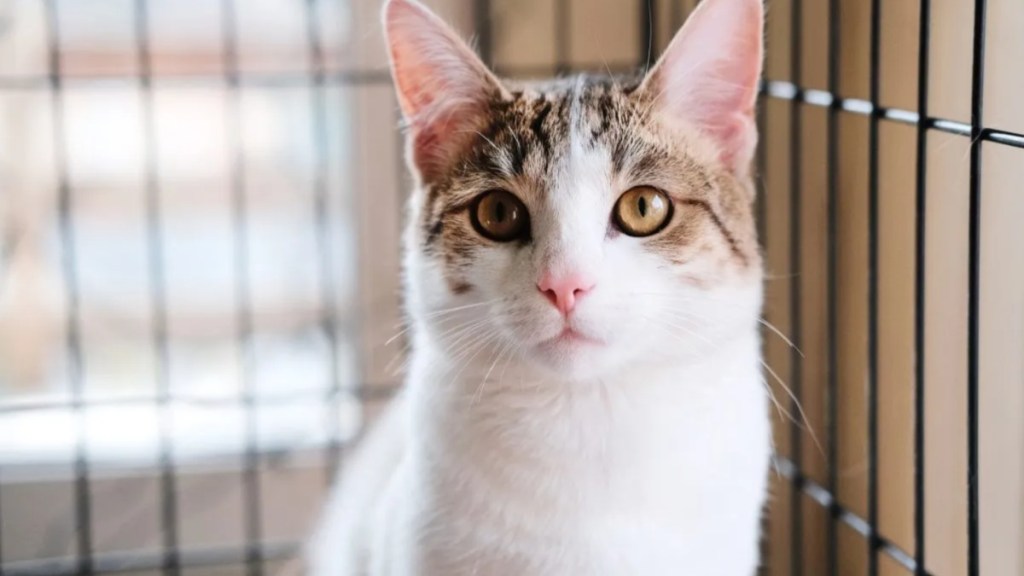For the first time since 2016, the number of cats euthanized in the United States was lower than that of dogs last year. This significant shift occurred against the backdrop of a substantial increase in the population of animals in shelters across the nation. The surge has pushed the animal welfare community into a state of crisis, with dogs bearing the…

An adorable video of a cat named Kai’s before and after relationship with his human baby sibling has left the…






